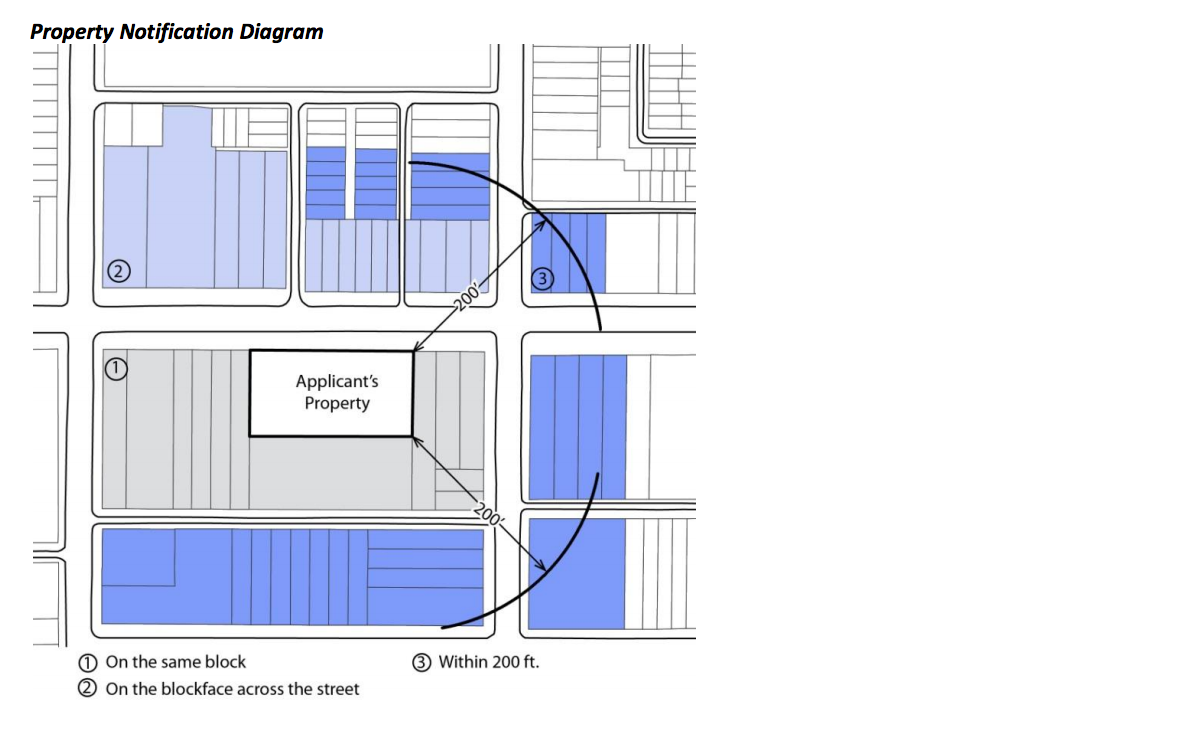Councilman Henon proposes changes to RCO requirements and zoning notice

On Thursday Councilman Bobby Henon introduced legislation to tweak the regulations governing the city’s Registered Community Organizations (RCOs).
A product of the 2012 zoning code, RCOs are geographically-specific organizations that developers are required to contact if a project in their purview requires a zoning variance, a special exception, or a visit to Civic Design Review. The developer then must hold one meeting with the RCO in question before they get a zoning hearing or design review.
The modicum of power granted to these designated groups proved contentious from the very beginning, as different organizations attempted to position themselves between developers and the city government. In the political debates around RCOs, Henon generally errs on the side of more oversight and stronger regulations for the community organizations.
This latest bill would institute three major changes. First, it requires that political wards meet the same requirements as other RCOs, which must have a defined geographic territory, hold regular and well-advertised public meetings, have an elected leadership, and adopt a clear statement of purpose about zoning and land use.
Currently political wards are permitted to register as RCOs without fulfilling these requirements. Instead, their status as a political ward is accepted as a substitute. This bill would end that controversial practice and simply require that wards meet all the same requirements as any other group. (Special services districts would also have to conform.)
Henon’s bill empowers the Planning Commission to revoke a group’s RCO status if it isn’t meeting its requirements. It also authorizes the commission to develop a code of conduct for RCOs. Last year Councilman Kenyatta Johnson also introduced legislation asking the planning commission to adopt a code of conduct, but the commission stopped short of doing so.
Under Henon’s legislation, requirements for alerting neighbors about a project will be altered as well. As the law currently stands, in addition to notifying the RCO, the developer must alert neighbors within 200 feet of the proposed development, those on the opposite block face, and those on the same block.
Henon’s bill would change that to those within a 300-foot radius “of any portion” of the property, simplifying the requirements.
“We think this reform holds both developers and RCOS accountable,” Henon told PlanPhilly. “It holds RCOs accountable because if you aren’t in compliance, and haven’t been in compliance, and there’s no reason, then you gotta go. There are bad actors out there and if you are a bad actor you should have your RCO status revoked.”
In regards to the expanded requirements for neighbor notification, Henon says he wants to make sure all interested neighbors are included in the process.
“We noticed that over the last year or two that some people were feeling a little left out,” says Henon. “The developer’s broader outreach—which is not that that big of a deal– will include more of the neighborhoods affected by the development.”
Asked for comment on the bill, David Feldman of the Development Workshop, a trade group that represents the development community, expressed concern about this provision of Henon’s legislation.
“This came without any prior notice or discussion with the development community,” said Feldman. “We are not familiar with any specific projects where the notice radius was specifically cited as a problem…. In rowhouse neighborhoods with 40 to 60 foot deep lots, this would effectively trigger notices to properties two or three blocks away, with residents who never see nor walk by the project site having to be included in mailings.”
The requirement that neighbors be alerted was the result of legislation introduced by Councilwoman Jannie Blackwell, amending the rules governing RCOs shortly after the new zoning code went into effect, and which City Council passed over a mayoral veto. In response, Councilman Henon tried to drag the RCO regulations back to be closer to the original 2012 zoning code. Blackwell’s office did not respond to PlanPhilly’s request for comment on Thursday afternoon.
WHYY is your source for fact-based, in-depth journalism and information. As a nonprofit organization, we rely on financial support from readers like you. Please give today.







